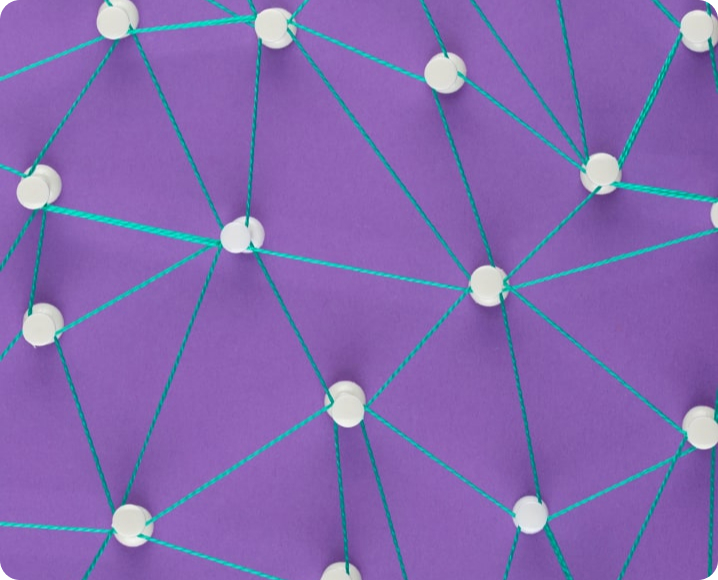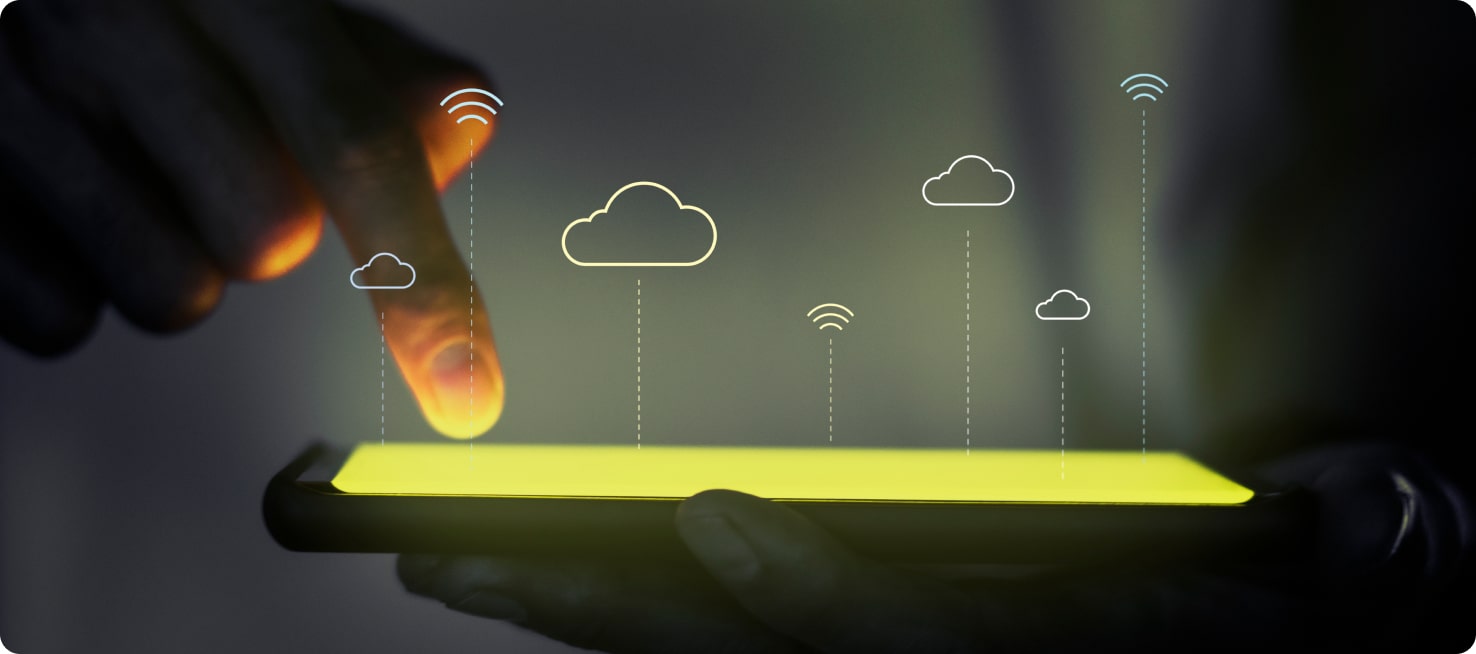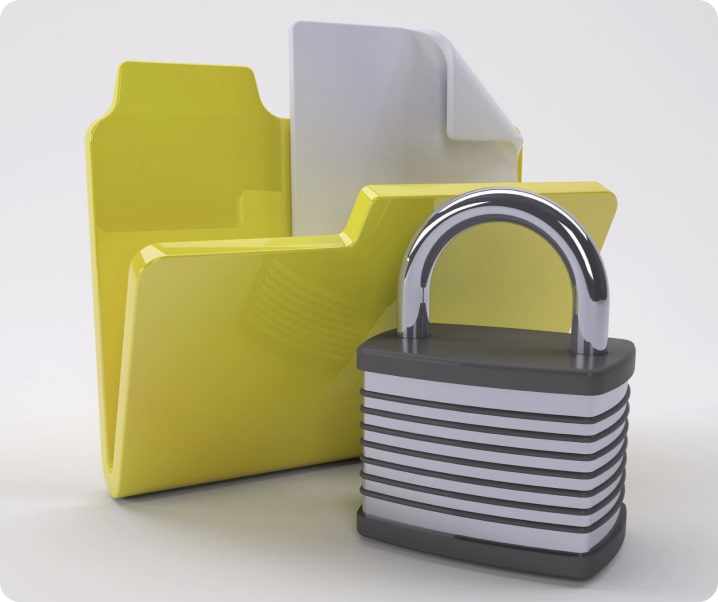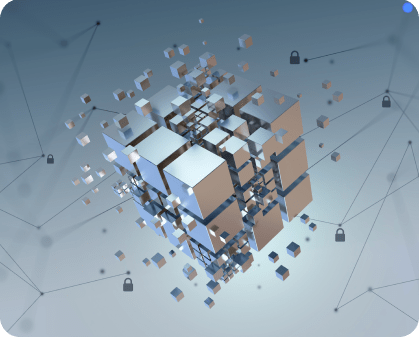>_ The Role of Blockchain in Web 3.0: Decentralization, Security, and Transparency
The evolution of the internet has brought about a significant transformation in the way we live, work, and communicate with each other. From the introduction of the World Wide Web in 1989 to the rise of social media and e-commerce, the internet has revolutionized the way we interact with each other and access information. However, with the rise of centralized systems and the increasing concerns over data privacy and security, there has been a growing need for a more decentralized and secure web.
Web 3.0, also known as the decentralized web, is the third generation of the internet that aims to address these concerns by providing a more secure and decentralized platform for users. Web 3.0 comprises various cutting-edge and revolutionary technologies such as

decentralized ledger technology (DLT), machine learning, Artificial Intelligence (AI), Internet of things (IoT), and Big Data. However, the core concept behind the inception of Web 3.0 is decentralization, which is why the role of blockchain in Web 3.0 is crucial.
Blockchain, the underlying technology behind cryptocurrencies such as Bitcoin, is a distributed ledger technology that enables secure and transparent transactions without the need for intermediaries. It is a decentralized and tamper-proof system that allows multiple parties to verify and validate transactions without the need for a central authority. Blockchain has the potential to disrupt various industries, and its role in Web 3.0 is no exception.

Decentralization Overcomes Flaws of Centralization
One of the key advantages of blockchain technology is its decentralization, which provides consumers with transparency in areas where centralization is lacking. In simple words, anyone on the blockchain can check and validate data from the block. It creates a trustless environment while validating data on its own without the intervention of a third party. Decentralization overcomes the flaws of centralization, which is the core concept of Web 3.0.
Blockchain's peer-to-peer network enables users to connect directly, without any intermediary, which provides a more transparent and secure network for Web 3.0 users. It eliminates the need for a centralized authority, such as a bank, to verify transactions, which saves time and money.

Enhances Data Reconciliation
Another key advantage of blockchain technology is its ability to work as a real-time database for all the companies surfing on it. Instead of keeping expired data stored in a particular company's server, they can directly access real-time and updated data from the blockchain. It helps to develop a more reliable data management system.
Blockchain technology's data reconciliation process is also more secure and transparent than traditional systems. It eliminates the need for a central authority to verify data, which can often lead to errors or fraud. Instead, data is verified by the network, which ensures that it is accurate and secure.
DeFi Apps and Protocols
Decentralized Finance (DeFi) apps for lending, borrowing, or exchange, such as Aave, Compound, Uniswap, and others, are gaining more users every day because of their easy-to-use finance system. Other than this, every transaction on the blockchain is recorded inside the block.
DeFi platforms will help users to dodge centralized authorities such as governments, central banks, financial institutions, and others. It will assist them in paying additional taxes and eliminate the requirement for any authority's consent.
Improves Interoperability
Many blockchains are working on cross-bridge connectivity that links them with other networks. With high network connectivity, it improves the interoperability between different systems and networks. Interoperability is crucial in Web 3.0 because it enables different platforms to work together seamlessly.
Blockchain technology's interoperability is achieved through the use of smart contracts, which are self-executing contracts with the terms of the agreement between buyer and seller being directly written into lines of code. Smart contracts are executed automatically when the terms of the agreement are met, which saves time and eliminates the need for intermediaries.
Automation Through Smart Contracts
Smart contracts allow users to lock predetermined terms and conditions to automate the execution of an agreement. By doing so, all participants can be immediately certain of the outcome, without any intermediary's involvement or time loss. Smart contracts are also secure and transparent, which eliminates the risk of fraud or errors.


Censorship-Resistant Storage of P2P Data Files
Governments or any authority cannot impose censorship over individuals or groups as it's impossible to intervene or modify the contents stored on the blockchain. This means that individuals and organizations can store their data files on the blockchain without any fear of censorship or tampering. This capability of blockchain is particularly useful for individuals and organizations operating in countries where censorship and monitoring of online activities are prevalent.
The integration of blockchain technology into the Web 3.0 ecosystem has the potential to revolutionize the way we interact with the internet.
By enabling decentralization, security, transparency, and immutability, blockchain can provide a solid foundation for building a truly decentralized web. With the rise of cryptocurrencies and NFTs, we are already seeing the transformative power of blockchain technology in the realm of digital finance and art. As more and more developers and entrepreneurs embrace the potential of blockchain, we can expect to see a wider range of innovative and decentralized applications emerge, from decentralized social networks to decentralized marketplaces and beyond.
However, there are also significant challenges that need to be overcome before blockchain can fully realize its potential in the web 3.0 ecosystem. These include technical hurdles related to scalability and interoperability, as well as regulatory and legal challenges related to the status of blockchain-based assets and the role of decentralized governance. Nevertheless, with the continued development of new protocols and platforms, and the growing adoption of blockchain technology by mainstream businesses and consumers alike, we can be confident that the future of the decentralized web is bright.
>_ insights

The Art Of Time Management: Tips and Tricks For Success
Time management is a crucial skill that everyone should learn, yet it is often overlooked. With the increasing demands of modern...

The Future Is Here: How Chatbots Are Changing The Game
Chatbots are rapidly revolutionizing the way businesses interact with customers through technology...

The Role of Blockchain In Web 3.0.: Decentralization, Security, And Transparency
The evolution of the internet has brought about a significant transformation in the way we live, work, and communicate...

